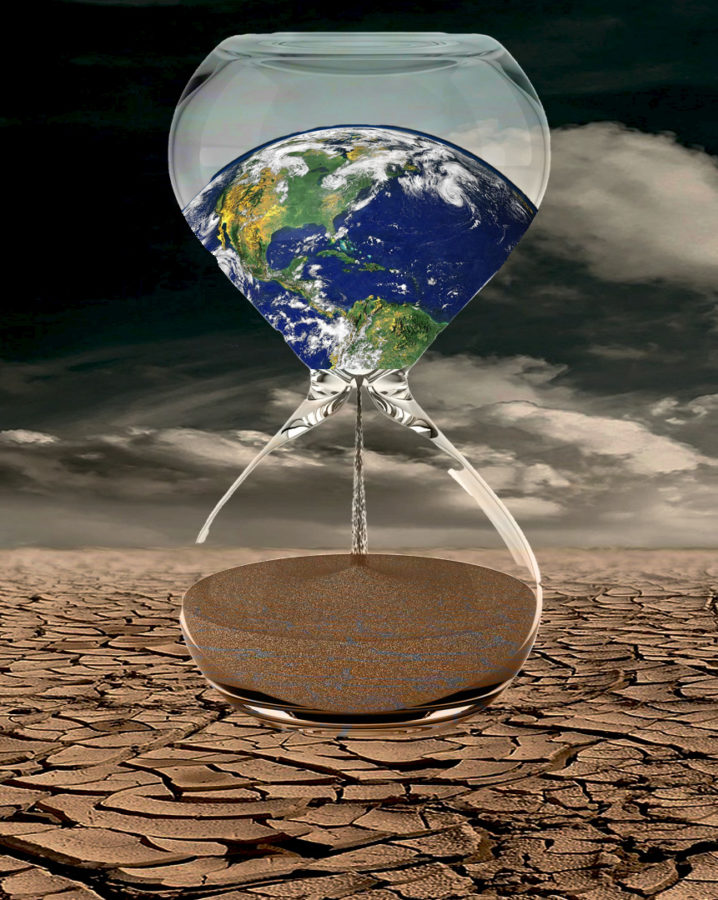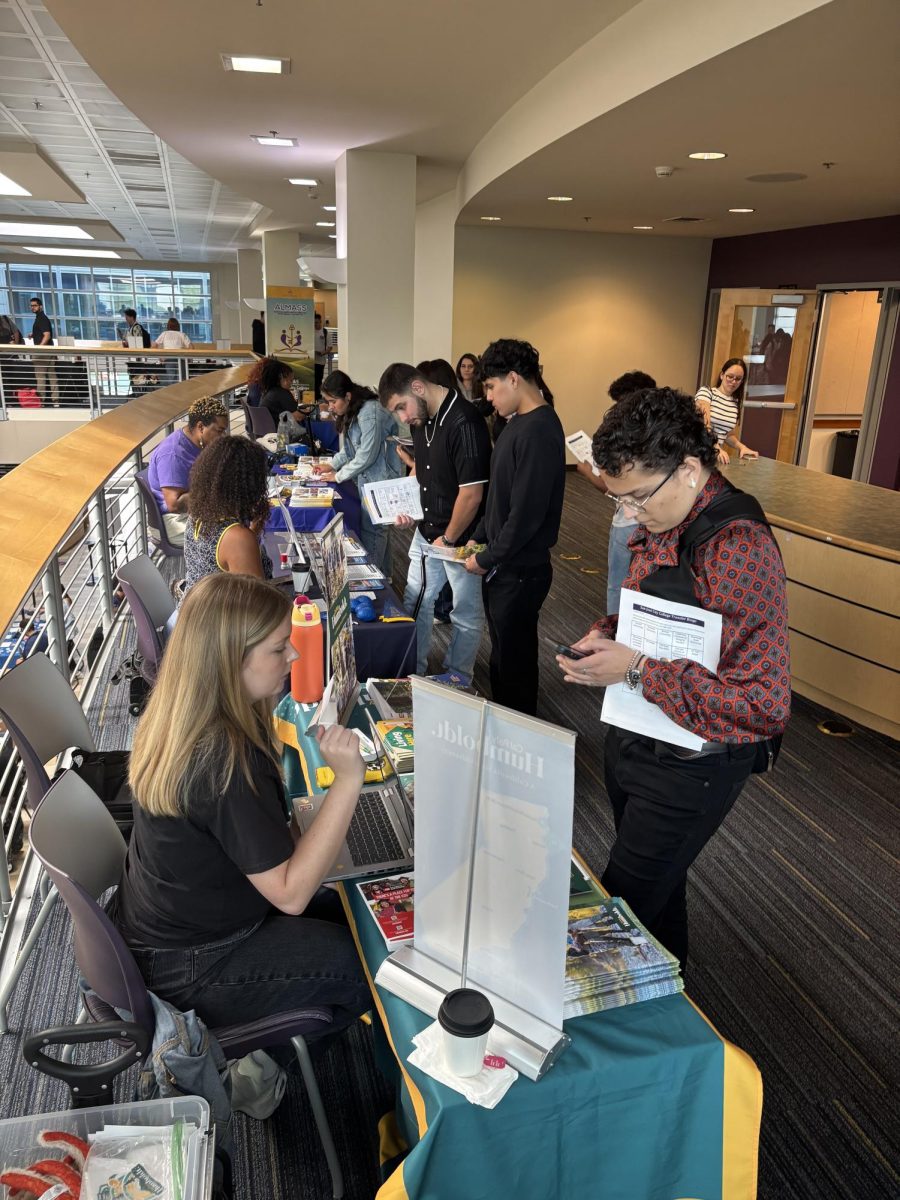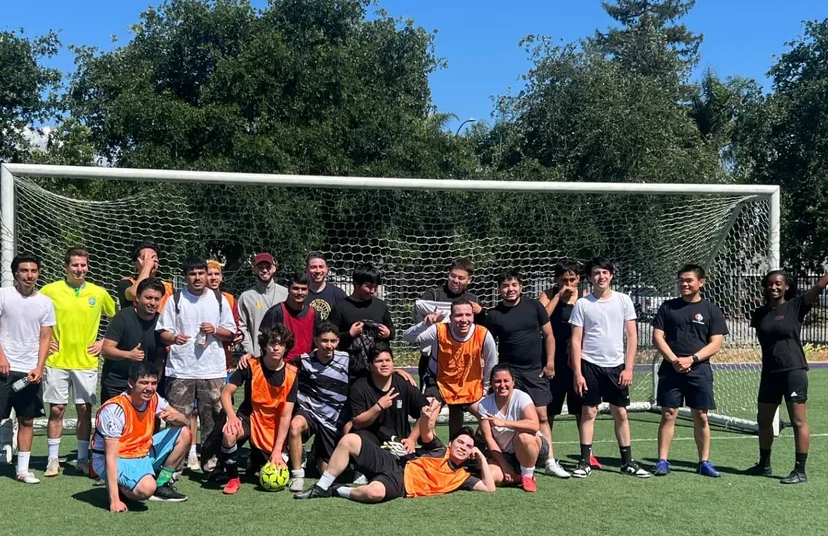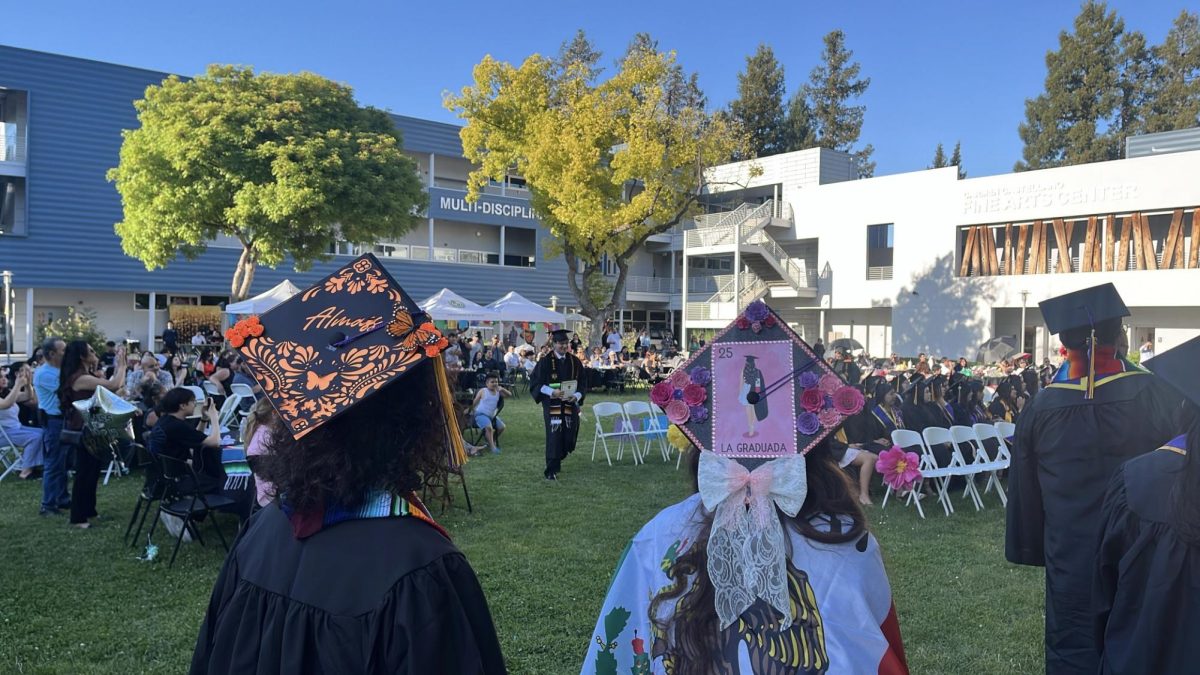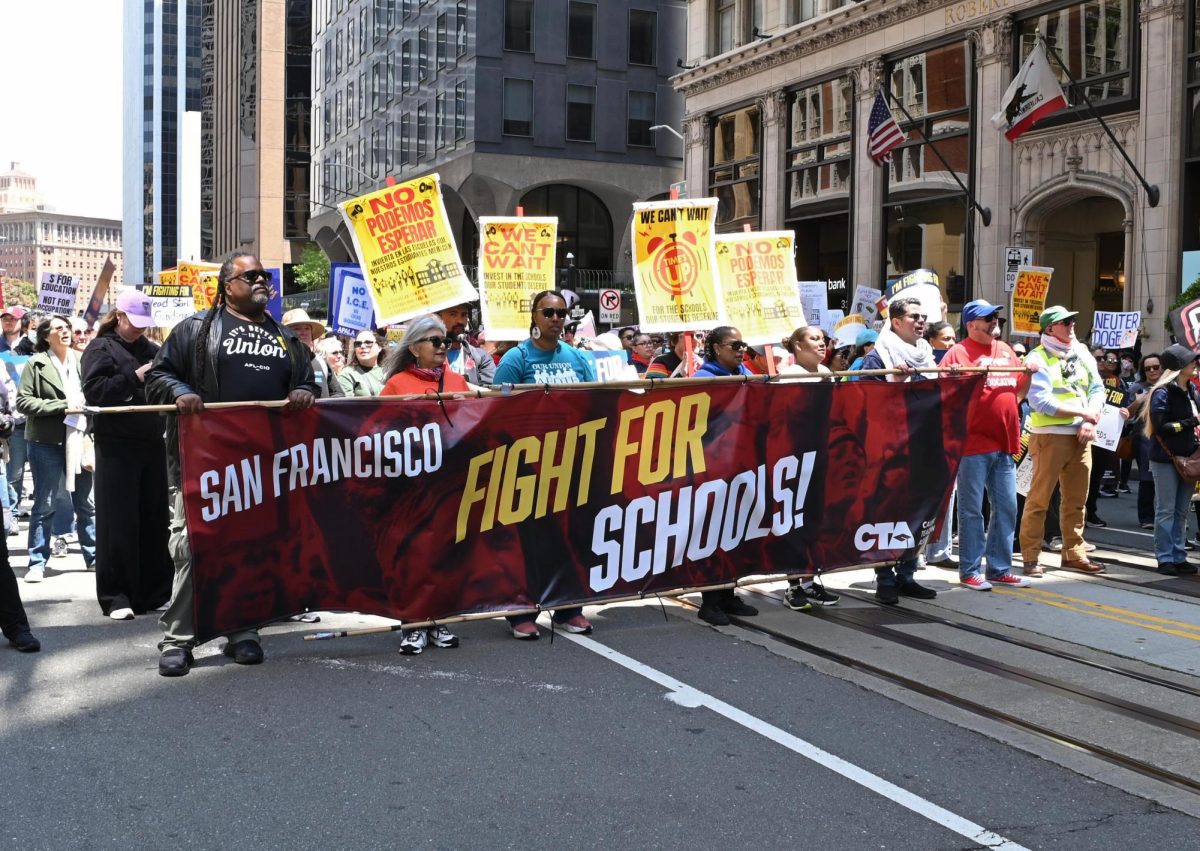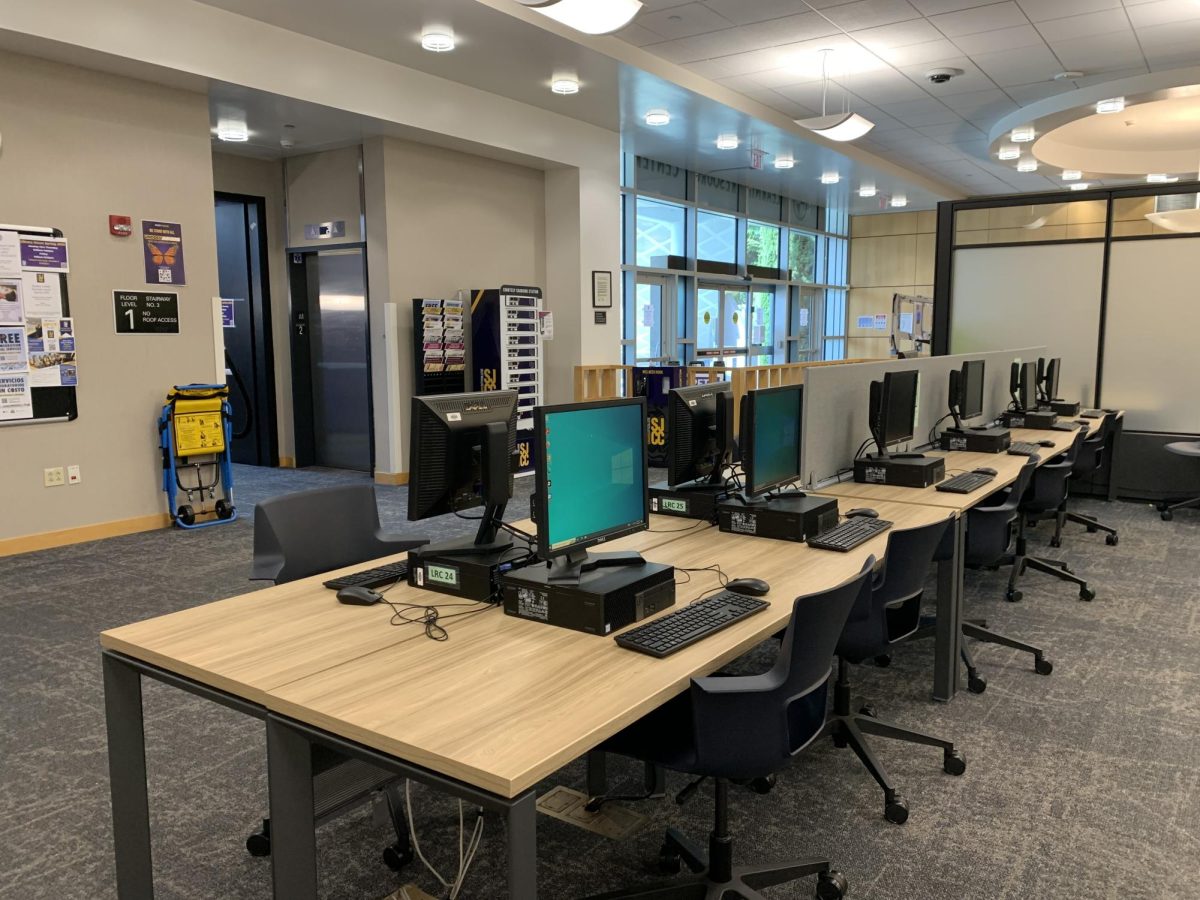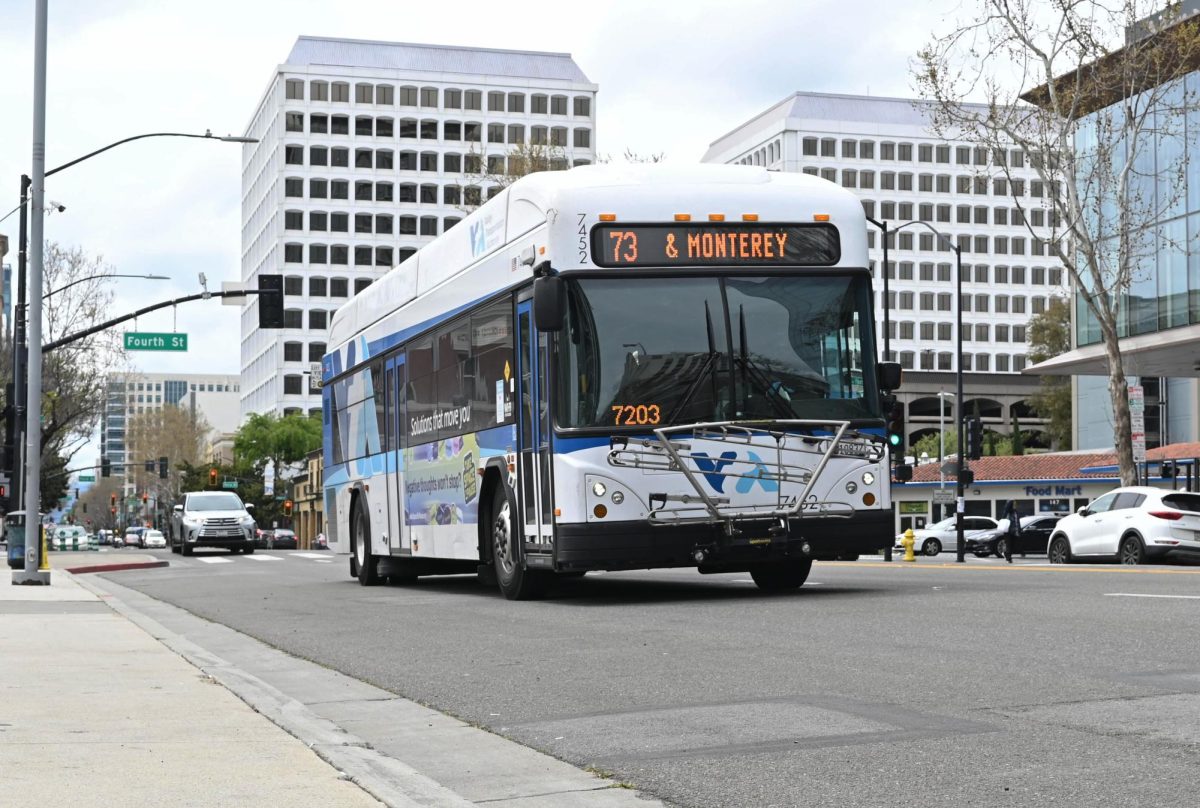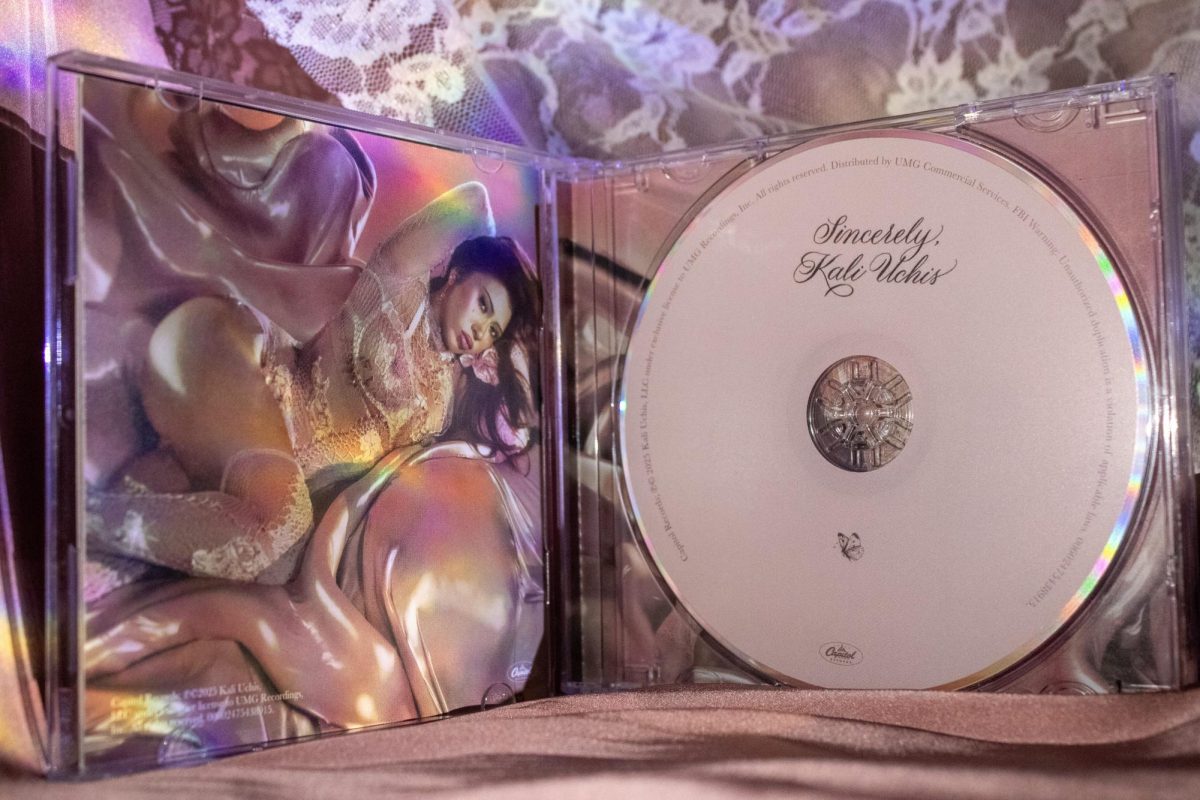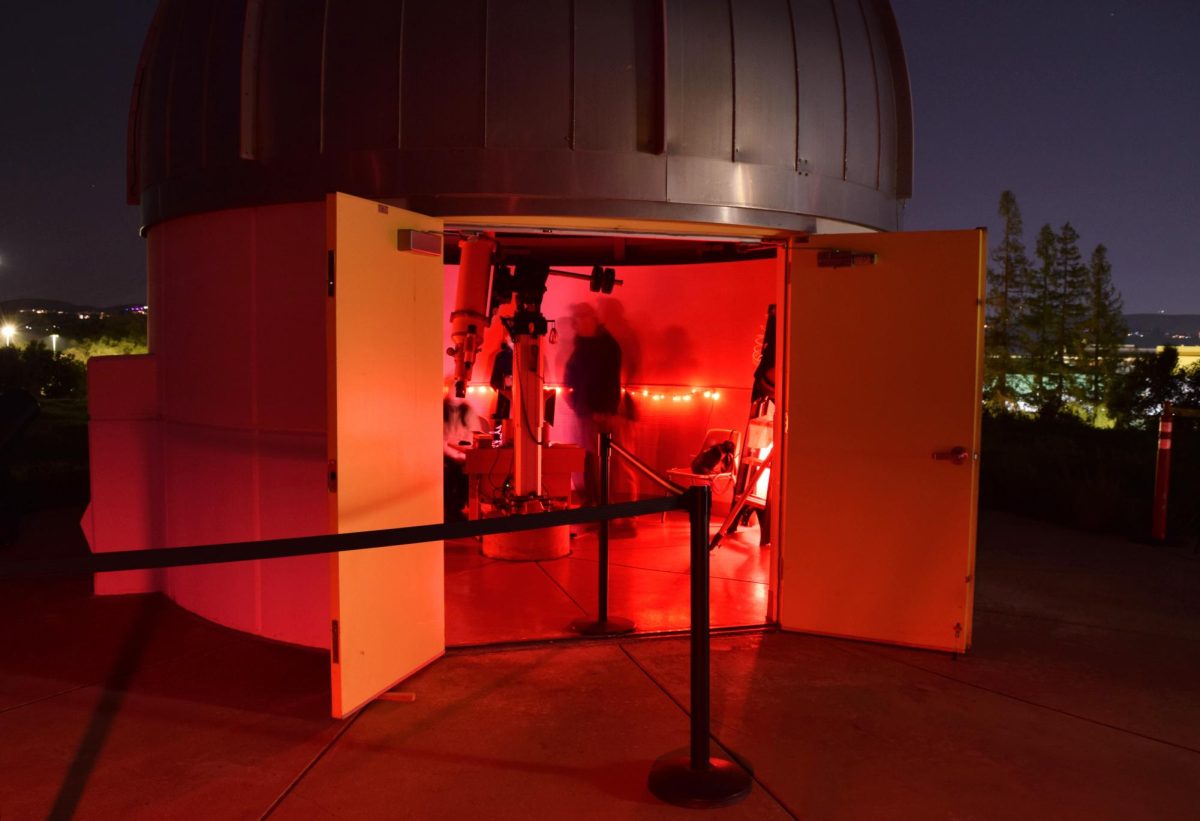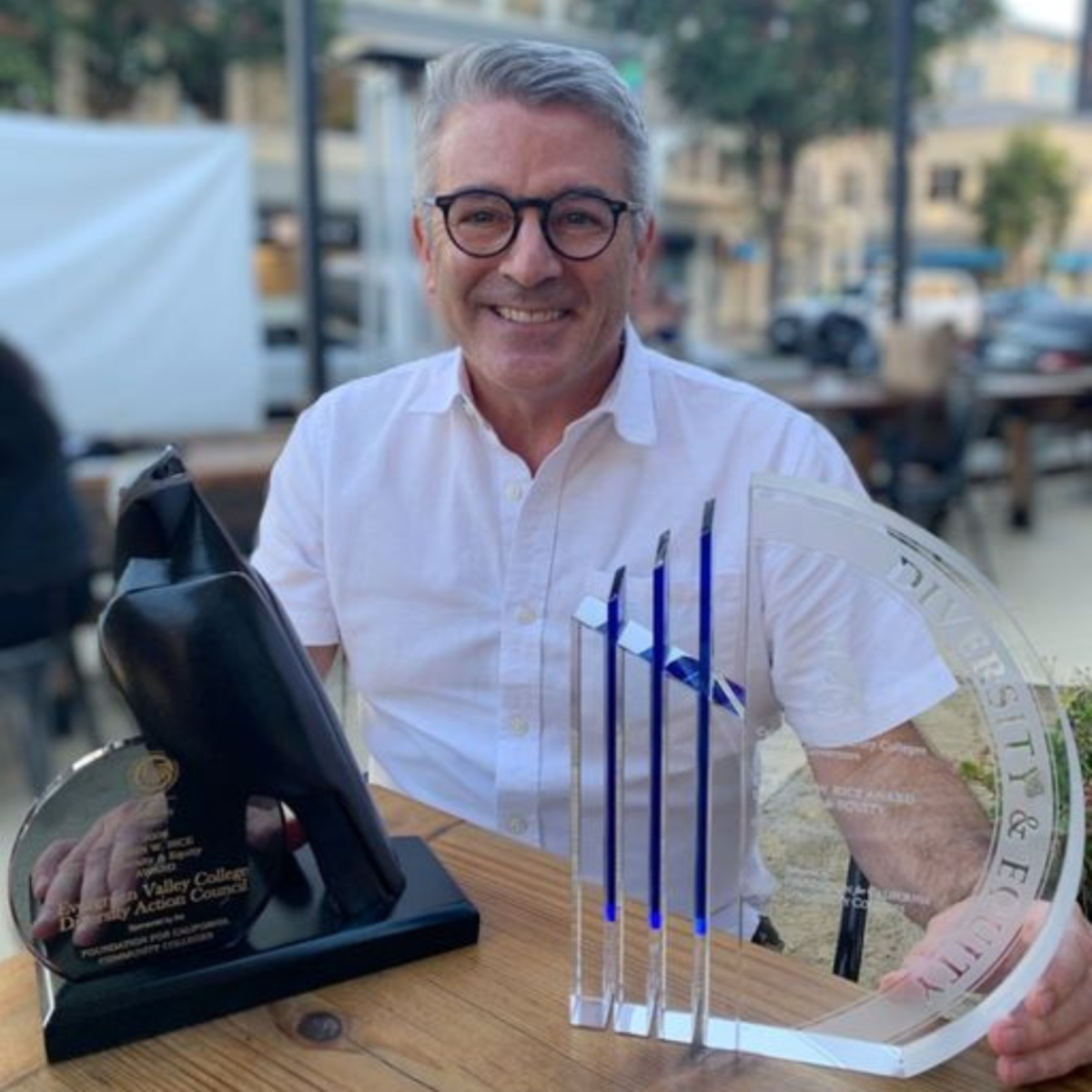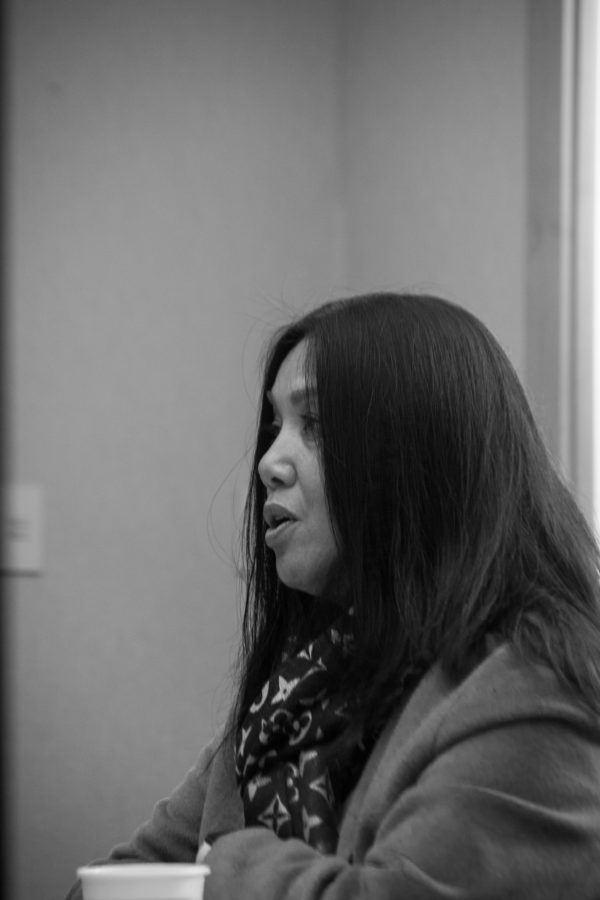Many of the consequential effects of global climate change long-predicted by scientists are now occurring.Current vital signs of the planet recorded since 1955 have indicated an accelerated increase of carbon dioxide, global temperature, ocean warming, more intense heat waves and rising sea level as a result of ice melting globally, according to the Global Change Project at NASA.
Although such alarming indicators exist, San Jose City College Environmental Science Professors Sanhita Datta and Lisa DiGirolamo remain optimistic.
“I think that the younger generation is much more aware of the environmental issues… and the fact that yeah, we might have to sacrifice a bit,” Datta said.
Datta is making sacrifices of her own by buying reused clothes, driving an electric vehicle and eating organic foods when possible.
“Having a mindset of trying to think about every step, and ‘can I get more use out of this?’ That kind of thinking,” Datta said.
The late Frank Schiavo, who was a professor of environmental studies at San Jose State University, lived a zero garbage lifestyle for around 30 years and was once referred to as a “messiah of the environment” in an article in Mercury News in 2010.He was seen as a prime example of conscientious thinking in the way he chose to live his life and modified his house to be more environmentally sound, creating designs to utilize solar and hydro energy.
“He was also someone who walked the walk, I should say.” Datta said.
As Schiavo spent his life educating students and others around him on how to live more eco-friendly, Graphic Design Major Juanita Alvarado Diaz believes education and outreach are key factors in helping preserve the Earth as well.
Education and Outreach
“If people actually understood why it’s [Climate Change] happening, they would care what is happening and how that affects you,” Diaz said.“They will care more and with caring, that’s the first step to change.”
Diaz is originally from Colombia, where she said nature and the laws to uphold protection of the environment have been extremely important in every way. She said she was shocked by how people in the United States did not take it as seriously as she did back in her home country.
With the SJCC Environmental Science Program expanding, Datta, Diaz and DiGirolamo believe an environmental club would be a beneficial addition to the campus, since one does not currently exist.
“We don’t hear about hopefulness anymore, then we don’t hear so much about action that everybody could take,” DiGirolamo said.
DiGirolamo said with this knowledge, environmental issues will be at the forefront of students’ minds allowing her to spend less time explaining the problem and focusing more time on the solutions to make lasting change.
Possible Solutions to a Growing Crisis
“…We need to make some big changes in the way that we handle our environment and the way that we live our lives,” DiGirolamo said.
Changes such as reducing the amount of carbon dioxide (carbon footprint) in the air and eliminating the use of fossil fuels are just a few ways the professors said people can start making incremental differences.
Datta expressed a universal need for better outreach and a much more financially accessible system for people to better their green practices.
“…Individually, we only have so much power,” Datta said.“By recycling stuff I can do something. I can make a tiny difference in the carbon accumulation, but a company can make tons of carbon dioxide in their processes and offset everything I did very easily.”
Datta pointed to the growing crisis transcending individual efforts, whereas DiGirolamo addressed those who she believes have the greatest singular ability to make a big difference.
“The biggest contributors to climate are the wealthiest in the world, and the wealthiest Americans as well,” DiGirolamo said. “And so if I could do anything, I would really have the wealthiest people change their behavior.”
Even with the potential ability to make an impact on combating climate change, there are still people who are not believers in the environmental crisis at hand.
“How can you deny it when in every part of the country people are experiencing more severe weather, Greater floods, bigger tornadoes, bigger hurricanes?” DiGirolamo said. “I really don’t think that you can honestly deny climate change anymore.”

